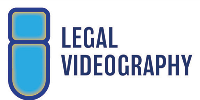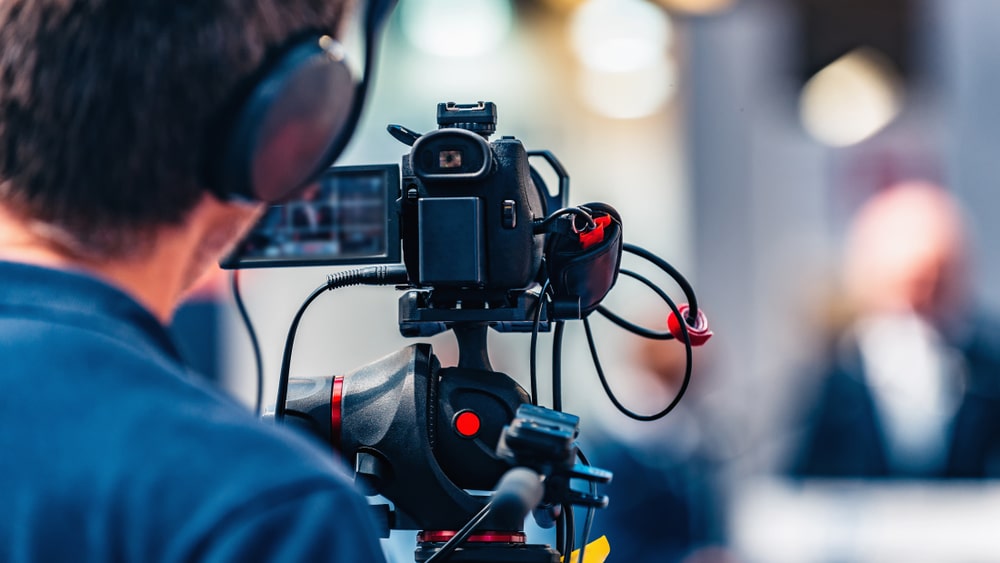Reliable Legal Videography for Courtroom Documentation.
Reliable Legal Videography for Courtroom Documentation.
Blog Article
The Role of Legal Videography in Depositions and Trials
Lawful videography has emerged as a necessary tool in both depositions and trials, providing a diverse technique to documenting witness testimonies. As legal experts significantly recognize its value, it prompts a deeper exam of exactly how these visual documents can affect juror perceptions and trial end results.
Value of Legal Videography
Legal videography plays an essential function in the documentation and presentation of depositions and tests. This specific area integrates technical skills with legal understanding to produce a trustworthy document of proceedings that can considerably influence situation results. The appearance of legal videography improves the understanding of witness testimony, permitting jurors and judges to observe not just the talked words but also the disposition, emotions, and body movement of the witnesses.

The relevance of legal videography prolongs past the court room; it likewise plays a crucial role in preserving evidence for future reference, whether for appeals or additional lawful activity. Its assimilation right into the lawful procedure is necessary for ensuring a reasonable and accurate representation of the realities, ultimately adding to the quest of justice.

Refine of Legal Videography
While catching the nuances of depositions and trials, the procedure of legal videography involves several vital steps that guarantee top quality, exact recordings. Initially, a specialist lawful videographer prepares by reviewing the situation materials and understanding the particular demands of the deposition or test. This prep work includes acquainting themselves with the individuals and the context, which assists in recording pertinent information.
On the day of the recording, the videographer establishes up the essential equipment, which commonly includes high-def video cameras, microphones, and correct illumination. Making sure ideal angles and sound high quality is crucial, as it directly affects the performance of the recording. The videographer connects with attorneys and individuals to develop protocols, making certain that everybody comprehends the recording procedure.
During the deposition or test, the videographer thoroughly tape-records the procedures, paying close interest to both verbal and non-verbal signs. legal videography. This consists of capturing the behavior and reactions of witnesses and attorneys. After the session ends, the videographer might edit the video for quality and compliance with lawful criteria, creating a final product that precisely shows the process for future referral and use in legal contexts
Advantages in Depositions
The consolidation of videography in depositions uses numerous advantages that boost the overall procedure of gathering evidence. One primary benefit is the ability to record witness testimonies with visual and auditory fidelity, offering an extra accurate depiction of the witness's temperament, tone, and body language. This multidimensional method allows lawyers and courts to evaluate integrity much more properly than conventional written transcripts alone.
Furthermore, videographed depositions act as a powerful device for maintaining testimony. Should a witness ended up being inaccessible for test, their videotaped deposition can be played in court, guaranteeing that their proof remains accessible and appropriate. This aspect dramatically minimizes the danger of losing crucial information that might impact situation results.
In addition, using lawful videography advertises better preparation for attorneys. Examining video footage permits lawful groups to evaluate and refine their Visit Your URL techniques, recognizing strengths and weak points in their cases. This primary advantage can result in more engaging discussions in court.
Lastly, videography enhances the total expertise of the deposition process, instilling self-confidence in customers concerning the thoroughness of their legal depiction. By leveraging technology, lawyers can substantially boost the efficiency of depositions.
Influence On Tests
In numerous trials, the integration of videography can significantly affect the presentation of evidence and the court's perception. Lawful videography captures witness testimonies and critical proof in a dynamic format, permitting jurors to engage with the product on multiple degrees. This aesthetic element enhances the narration element of a test, giving context and emotional resonance that standard text-based proof might do not have.
In addition, video clip recordings can act as effective devices for impeachment during cross-examination. When disparities develop between a witness's previous declarations and their courtroom testament, video proof supplies an objective recommendation that can persuade jurors' viewpoints. This immediacy and clearness can boost the trustworthiness of an event's story while concurrently weakening opposing debates.
In addition, making use of videography can help streamline complicated information, making it extra available to jurors who may battle to grasp complex details presented only via verbal statement. By incorporating visuals with auditory information, lawful videography can enhance retention and understanding, ultimately influencing the court's decision-making process. The effect of videography in trials expands beyond simple visual appeals; it plays a vital function in forming the legal landscape and results.
Future Trends in Legal Videography
As we look towards the future of legal videography, a number of emerging patterns promise to improve its duty within the court room. One considerable fad is the assimilation of expert system (AI) in video analysis and modifying - legal videography. AI can streamline the procedure of identifying vital moments in videotaped depositions, enabling attorneys to rapidly access pertinent material, thus enhancing efficiency in case prep work
In addition, the rise of digital reality (VR) and boosted reality (AR) modern technologies is expected to transform how you could try here jurors experience proof. By immersing jurors in a simulated atmosphere, these modern technologies can offer an extra profound understanding of complicated circumstances, leading to even continue reading this more informed considerations.

Moreover, the enhancing need for remote depositions, increased by the COVID-19 pandemic, will likely proceed. Legal videographers will certainly require to adapt to brand-new software application and systems to make certain high-quality recordings in digital settings.
Lastly, the expanding focus on data safety and security will demand more stringent procedures for saving and sharing video proof. As the legal landscape advances, legal videographers must remain abreast of these fads to keep their significance and effectiveness in the judicial process.

Final Thought
In recap, legal videography offers an important feature in the judicial process, improving the honesty of depositions and trials. As modern technology continues to progress, lawful videography is poised to additional change its function within the lawful landscape.
Report this page